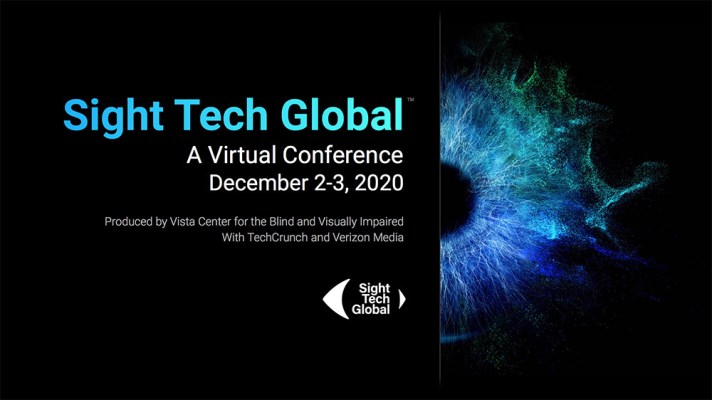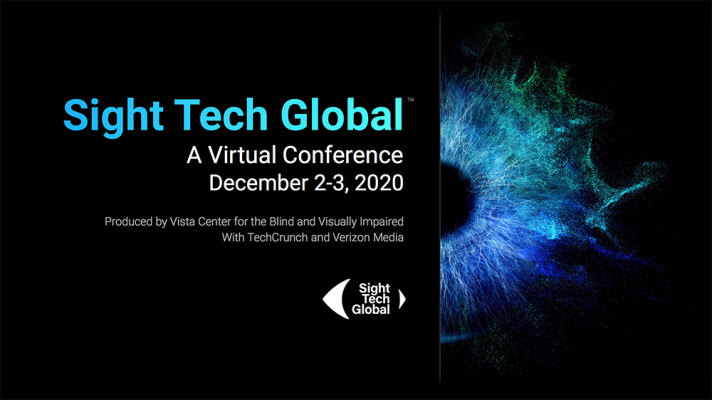
For Dr. Cecily Morrison, research into how AI can help people who are blind or visually disabled is deeply personal. It’s not only that the Microsoft Principal Researcher has a 7-year-old son who is blind, she also believes that the powerful AI-related technologies that will help people must themselves be personal, tailored to the circumstances and abilities of the people they support.
We will see new AI techniques that will enable users to personalize experiences for themselves,” says Dr. Morrison, who is based at Microsoft Research Cambridge and whose work is centered on human-computer interaction and artificial intelligence. “Everyone is different. Having a disability label does not mean a person has the same needs as another with the same label. New techniques will allow people to teach AI technologies about their information needs with just a few examples in order to get a personalized experience suited to their particular needs. Tech will become about personal needs rather than disability labels.”

Image Credits: Cecily Morrison
Dr. Morrison will speak at Sight Tech Global, a virtual, global event on Dec. 2-3 that will explore how AI-related technologies will shape the future of accessibility for people who are blind and visually impaired. The event, which launched on TechCrunch, takes place on Dec. 2-3 and is free to attendees. Pre-register here.
Dr. Morrison is currently involved in several research projects that explore the potential of AI to enable people who are blind or low vision. Project Tokyo, for example, is exploring ways to provide information about the immediate social environment to enhance people’s existing sense-making skills and abilities.
The team works closely with people who are blind or low vision to ensure that the research is grounded in their experience and needs. “It is critical that we imagine what the technologies do for people who are blind and low vision in a way that is empowering. Many blind and low vision people have well developed strategies for making sense of their environments. AI technology must augment these acute sense-making skills, covering information gaps. It is important that technology is not seen as replacing vision, but rather augmenting the information a person already has when going about their lives.”
As the mother to a blind child, Dr. Morrison believes she has gotten “to see the world in a different perspective, taken part in communities that I wouldn’t otherwise have seen or taken part”. That has definitely driven her research. An inclusive design project, Torino, was inspired by the need of blind children to learn to code. What resulted was a physical programming language designed to teach computational thinking and basic programming to children ages 7–11, regardless of their level of vision. The effort led to a spin out project called Code Jumper, which is now commercially available from the American Printing House for the Blind.
That success came from working very closely through trial and error with blind 7-11-year-olds, which is also where Dr. Morrison deepened her understanding of how critical it is for researchers to work closely with the people they aim to help. Then too, she points out, people with vision limitations are outstanding early technology adopters in general.
“In the agent space,” Dr. Morrison says, “we have done some work with people who are blind and low vision because, at the time we started working with agents, typical people were not heavy users of agents. In fact, most people thought they were toys. Whereas for people who are blind and low vision were early adopters and heavy users of agent technologies. They really could help push the boundaries of what these technologies can do. If you’re not using technology regularly, you can’t really imagine what the next steps are. So, it’s a great example of inclusive design where we can work with this cohort of very able blind people to help us think about what agents of the future are going to look like for all of us.”
Dr. Morrison holds a PhD in Computer Science from University of Cambridge and an undergraduate degree in Ethnomusicology from Barnard College, Columbia University. She shares life with her partner and two children, one of whom is blind.
Pre-registration for Sight Tech Global is open. And the event is free.
Sight Tech Global is a sponsor-driven event, and our partners so far include Waymo, Google, Wells Fargo, TechCrunch and Verizon Media. All proceeds go to the Vista Center for the Blind and Visually Impaired 501 (c)(3). For more information on sponsorship, please contact us at sponsor@sighttechglobal.com.
[ad_2]
Source link


